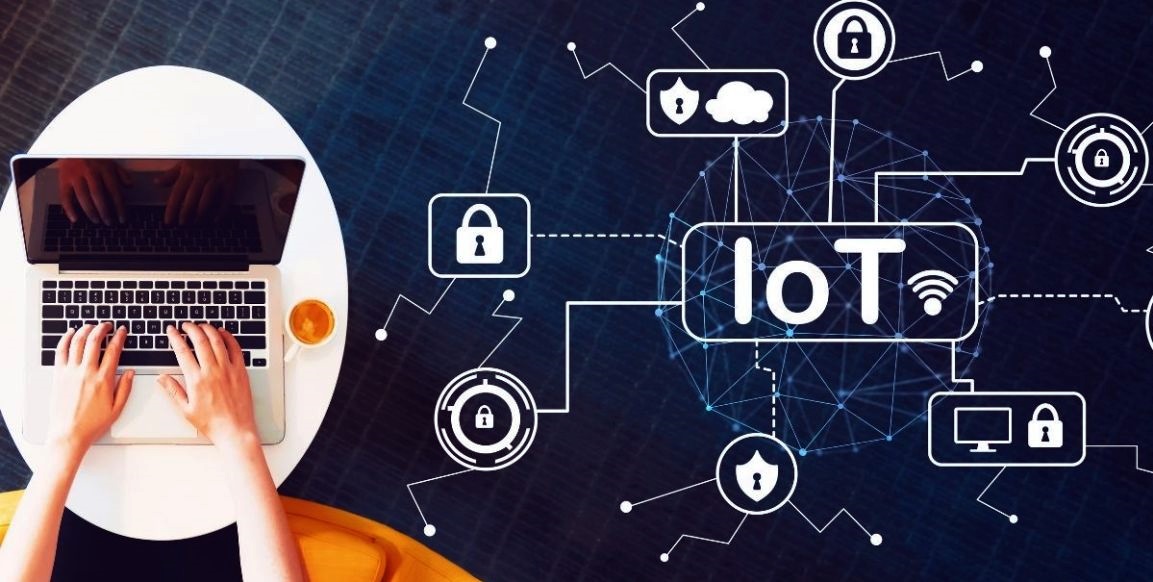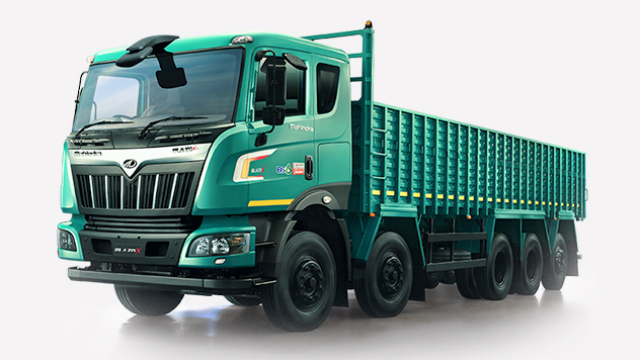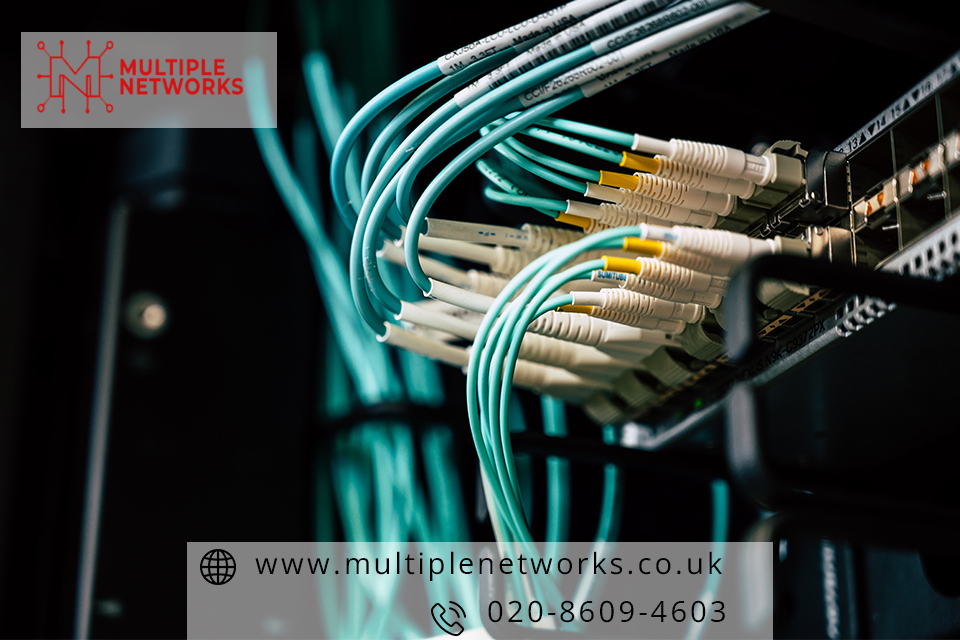The Internet of Things (IoT) is establishing itself as a disruptive force, linking gadgets and reshaping the computer technological environment. IoT is transforming industries, improving productivity, and offering new avenues for development by linking common devices and allowing them to interact and exchange information.
The insertion of sensors, actuators, and network connections into tangible objects, allowing them to gather and send information, is at the heart of IoT. IoT provides an integrated system of networked devices that can track, analyze, and communicate with their environment, from connected houses and gadgets to machinery in factories and equipment.
The Significance of the Internet of Things
The significance of the Internet of Things stems from its capacity to revolutionize how we engage with electronics and the surrounding environment. IoT provides smooth data interchange, informed choices, and automation by linking diverse gadgets and structures. This integration results in a more effective, environmentally friendly, and linked environment, transforming various sectors and considerably improving operational effectiveness. Students are using smartphones for many purposes, i.e., they can get services like do my online exam and benefit from them.
The Evolution of IoT
IoT originated in the first half of the 1980s, when scientists at Carnegie Mellon University linked a vending machine to the internet, allowing it to transmit notifications when its supply was getting down. However, the phrase “Internet of Things” wasn’t invented until the 1990s by Kevin Ashton, a British entrepreneur. Miniaturization, wireless connectivity, cloud computing, and information processing have all boosted the expansion of IoT since then.
Applications of IoT
Here are a few significant applications of IoT:
- Smart Homes
IoT enables homeowners to remotely manage and control various gadgets in their residences, such as lights, heating and cooling systems, security systems, gadgets, and entertainment systems. Smart homes provide greater convenience, improved thermal efficiency, and enhanced security.
They may, for instance, regulate the thermostat, switch on/off lights, and get warnings about suspected activity by using a smartphone application. This degree of control and automation improves ease, environmental sustainability, and safety, rendering our residences more comfortable and secure.
- Wearable Technologies
The Internet of Things has aided the proliferation of wearable gadgets such as fitness monitors, smartwatches, and medical video projection units. These devices gather and analyze data on health, health, and everyday activities, providing insights for private wellness and healthcare.
- Smart Cities:
IoT plays an important part in developing smart cities by incorporating many components, such as the administration of visitors, trash supervision, public transit, and infrastructural monitoring. Consequently, residents enjoy enhanced productivity, long-term viability and more desired superior living.
Advanced parking structures, for example, can direct cars to accessible spots, thereby decreasing congestion and pollution. Intelligent street lamps can alter intensity according to actual time circumstances, decreasing light pollution and conserving energy. Furthermore, the notion of smart cities has an opportunity to revolutionize how people live in cities. Cities can enhance infrastructure administration, optimize resource distribution, and enhance people’s general standard of existence by incorporating IoT technologies.
Waste disposal systems, for example, are outfitted with detectors. To keep track of trash levels and optimize pickup paths for more effective waste management.
- The Internet of Things in Healthcare:
In addition, networked healthcare gadgets are altering the medical scene. People may monitor their physical wellness parameters in actual time with IoT-powered wearable devices such as activity monitors and smartwatches. These gadgets can monitor your pulse, sleep habits, and activity levels. It also empowers people to make proactive efforts to improve their well-being.
Furthermore, IoT devices are being integrated into medical gadgets, allowing healthcare practitioners to give better treatment. To remotely track the signs of illness and intervene as needed. It enhances patient care while reducing the load on healthcare institutions, especially in isolated places where healthcare facilities are scarce.
- Corporate Automation
The Internet of Things allows for the monitoring and administering of industrial tactics, resulting in higher efficiency, proactive upkeep, and improved security. Linked monitors and equipment may collect current information, allowing for more efficient activities and less interruption.
In addition, by monitoring the state of inventory, evaluating shipping circumstances, and optimizing logistics procedures, IoT may help manage the supply chain. Businesses may simplify processes while making decisions based on data with this degree of insight and automation, resulting in enhanced profitability and competitiveness.
While the Internet of Things has enormous advantages, it additionally poses questions about security, confidentiality, and information handling. As connected devices increase, the quantity of information collected and shared grows quickly, prompting concerns about information security and control.
As IoT devices gather and send private data, comprehensive safety precautions are required to guard against cyber-attacks and unauthorized usage. Furthermore, the massive volume of information collected necessitates robust systems for handling data to enable optimal utilization and evaluation.
- Agriculture
IoT is transforming agriculture by providing growers with real-time data on moisture levels in the soil, climatic conditions, and the state of their crops. This information aids in optimizing water supply, handling crops, and beneficial distribution of resources, resulting in greater profits and lower pricing.
The Internet of Things is transforming mobility with the introduction of linked automobiles. Smart automobiles with detectors and connectivity features can enhance roadway security, alleviate traffic jams, and open the path for self-driving cars.
- Energy
IoT is critical in developing solutions that are environmentally friendly. Smart electrical networks provide smarter tracking and oversight of power shipping, reducing energy waste and increasing system stability.
- Increasing Operational Effectiveness
Internet of Things (IoT) detectors can track the condition of appliances and machinery and identify probable faults before they happen. This proactive approach to upkeep decreases interruptions, increases property longevity, and lowers expenses for upkeep.
- Distribution Chain Optimization: IoT improves supply chain accessibility by monitoring commodities, inventory levels, and shipment paths in seconds. This information-driven approach optimizes logistics, reduces interruptions, and increases supply chain effectiveness.
- Information-Driven Choices: The Internet of Things creates massive volumes of information that, when analyzed, gives important information that allows for sound business choices. This data-driven strategy assists organizations in identifying possibilities, addressing difficulties, and remaining competitive.
- Better consumer expertise: Organizations may personalize items and offerings based on customer needs by exploiting data from the Internet of Things. This increased personalization boosts client pleasure and commitment.
In conclusion, the Internet of Things (IoT) is changing how we reside and function by incorporating linked gadgets and detectors. The Internet of Things is converting our residences into smart environments, optimizing resource utilization in towns, and boosting creativity in the industry. The Internet of Things has several possible advantages, from enhanced ease of use and effectiveness to better sustainability and wellness. However, safety, confidentiality, and information handling concerns must be properly addressed to realize the IoT’s promise fully. The Internet of Things (IoT) will influence our lives as technology develops, allowing a more linked and smarter environment.




